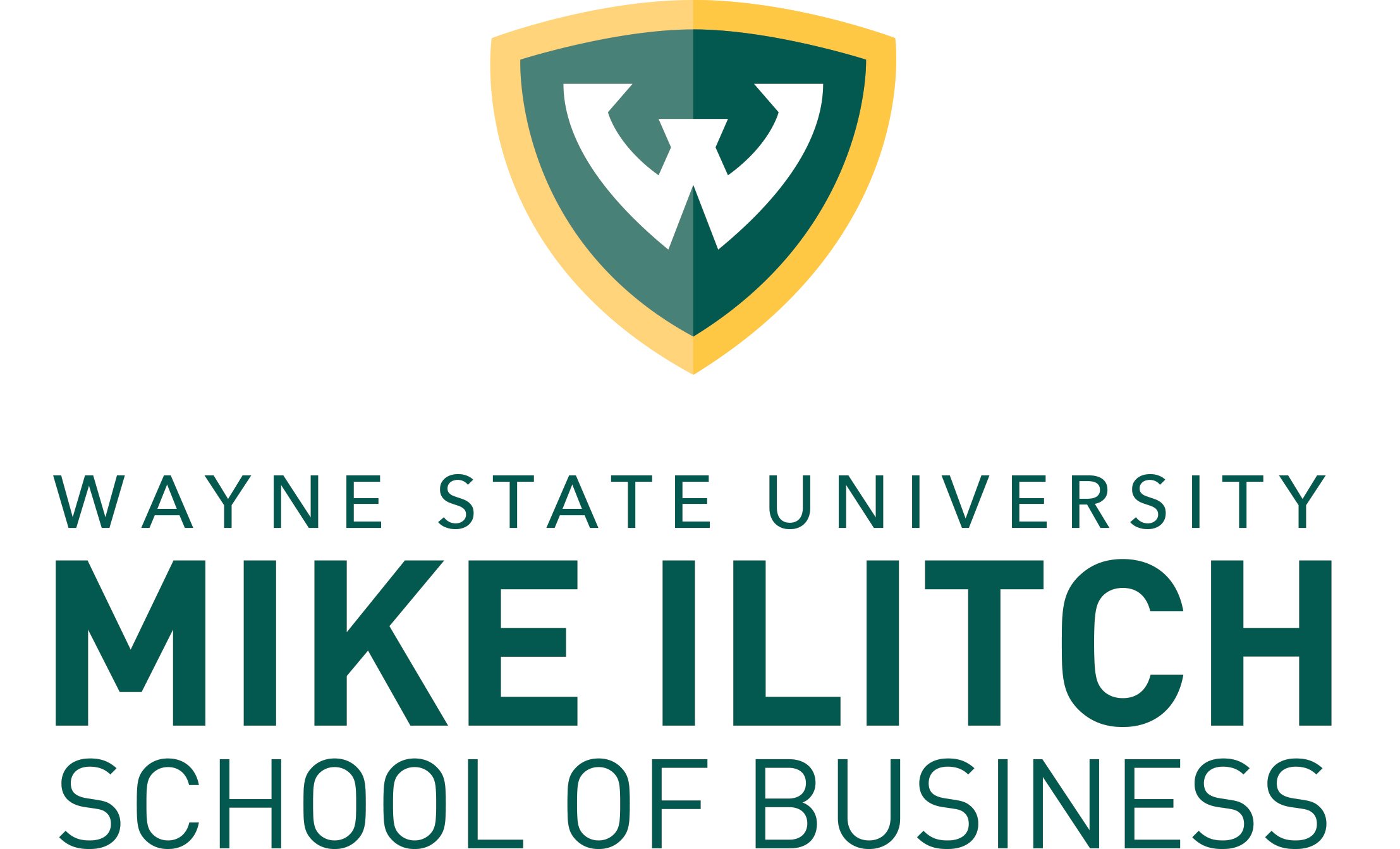Editor's note: Tareq Chowdhury is an MBA student at Wayne State's School of Business in Detroit, MI and has taken ISM 7505: Inbound Information Technology.
 A successful career begins with having a successful interview, which is basically giving a first great impression to wherever you are applying, whether it be a university or a company. What is important to keep in mind is that first impression is key. Interviews may come and go; but how well you present yourself in front of a group of officials for the very first time, will actually be that one time. Appearance, verbal strength, resume, all contribute to an excellent candidate. However, there are several ‘rules’ or interview norms that are to be followed prior to appearing for an interview.
A successful career begins with having a successful interview, which is basically giving a first great impression to wherever you are applying, whether it be a university or a company. What is important to keep in mind is that first impression is key. Interviews may come and go; but how well you present yourself in front of a group of officials for the very first time, will actually be that one time. Appearance, verbal strength, resume, all contribute to an excellent candidate. However, there are several ‘rules’ or interview norms that are to be followed prior to appearing for an interview.
Your first impression is key!
Interview Norms
I can proudly admit that I have appeared at multiple companies in the hopes of being hired. My interviews are categorized into two types: automotive industry and the Big Four consulting firms. Each and every time I was called in, there were certain requirements I had to keep in mind. Each meeting taught me something, gave me more experience, and allowed me to grow as a candidate for my next venture. I did manage to learn a few tips and tricks for all types of interviews.
1. Detailed Résumé
Firstly, it is imperative to have a completed, proofread, and detailed résumé. A résumé acts as a profile of who you are and what you have accomplished throughout your school or work career. So it is obvious why it is essential to create a top-notch profile. You should carefully review your résumé and know that any skills, job experience, activities, or honors of yours may be brought up during the interview. Always be ready to expect the unexpected, just in case! An interview is mostly based off your résumé or application. The interviewer can go through each part of it and ask questions.
If there is more than one interviewer, which is the case most of the time, it is best to have multiple copies ready before you go into the conference room. This act already establishes you as well-prepared. In addition, practicing answers to common interview questions will also help you be well-prepared. It allows you to have an advantage over other candidates and can significantly reduce nervousness and stuttering. As you are asked questions, answer each one with a single idea and example at a time. First, make sure you let the evaluator finish asking the question. Do not interrupt! Avoid throwing too many ideas at them while you are answering something. Show that you have an organized mindset, you are collected, and that you are efficient in your usage of words. Also keep in mind your time limit to answer questions or when you have to elaborate on your qualities. Although you may not be given a specific time restraint, be cognizant of the fact that you should not be narrating an autobiography and neither should you be answering with one word or incomplete fragments.
Practice answers to common interview questions
2. Preparation
Before game day arrives, you must have essentials such as the location of interview, timing, and type of interview noted down. Make sure you remember to leave all noisy electronics at home and to put your phone in the off position prior to walking in to the office. Have a file folder with all your necessary documents in the order you think they will be used. No one likes to see a clumsy, messy person applying and walking in for a superior position! In order to practice how your actual interview will go down, think back to your elementary days and pretend you are the interviewer and have a friend be the interviewee; switch roles in between. Although this may seem like a childish idea, staging mock interviews allows you to picture the scenario and gives you an opportunity to practice good posture and speech. Write out your strengths and weaknesses and make a mental classification of them so if you are asked to rate yourself as a candidate or asked why you are the best for the position or school, you can elaborate on any one of your mentally noted qualities.
Write out your strengths and weaknesses
3. Confidence
One aspect of your personality and the overall interview that deserves the utmost attention and alertness is your confidence. If you can manage to convince yourself that you know what you are saying and that you are capable of doing great things, then most likely, your interviewer will also believe it. It is necessary that you keep track of constant repetition of some words, rambling on and on about the same thing instead of speaking in a laconic manner or fidgeting around too much. That will definitely make you lose your cool and the original charm you walked into the room with. Remember to make eye contact as you are speaking as it ensures a more effective conversation. Speak loud enough to be heard and quiet enough to be professional. If you do make some sort of error while speaking or drop something accidentally, try to correct yourself casually and decently apologize for your mistake. This will prove you have good manners and that you are serious about the interview, even if a little nervousness took you over. A silly, ill-mannered jester will not last long in a professional environment, or in this case, a conference room. When at any point you feel your face heating up or your palms sweating, take a deep breath, pause, and rock on with the rest of your interview. Believe in yourself!
Believe in yourself!
If for whatever reason a school or firm decides you are unfit for their environment, know and understand that there are many places that are made just for you. It is not the end of the world if you are denied or rejected. Have hope that you will succeed, but do not allow any such event to overwhelm you to the point where you lose all confidence and hope. Think and be positive and good things shall come your way. Give yourself a mental boost before any interview; know your worth. Use every interview to your advantage. Be resourceful and try to pick up small details from each interview that can be of good help for your next venture. Observe quietly: your surroundings, the staff, and off course your interviewer. Remember that if you are qualified enough to be called in for an interview, you are most certainly qualified enough to be hired or accepted to a place that truly deserves and needs you. To discuss more in detail feel free to send me an e-mail so that we can set-up a time.




